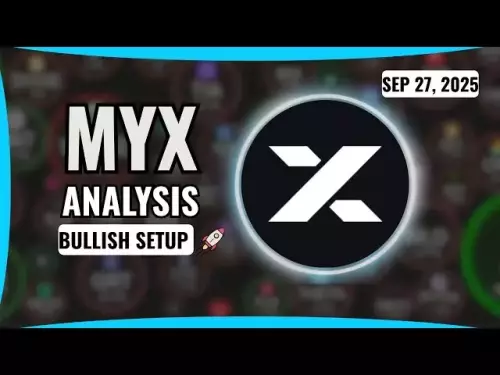Beijing's cautious approach to tokenization in Hong Kong contrasts with the city's ambition to become a digital asset hub, creating a complex regulatory landscape.

The dynamic intersection of China, tokenization, and Hong Kong is becoming increasingly complex. While Hong Kong embraces digital assets, Beijing is stepping carefully, creating both opportunities and uncertainties.
Beijing's Cautious Stance on Tokenization
Recent reports indicate that China is directing brokerages in Hong Kong to halt real-world asset (RWA) tokenization. This move reflects Beijing's concern over the rapid growth of offshore digital asset markets and a desire to ensure that these offerings are backed by legitimate businesses with robust risk management practices. The China Securities Regulatory Commission (CSRC) has reportedly issued informal notices to at least two major brokerages to suspend their RWA business offshore.
Hong Kong's Digital Asset Ambitions
In contrast to Beijing's caution, Hong Kong has been actively establishing itself as a digital asset hub. The city has implemented programs supporting virtual asset trading, investment advisory services, and digital asset management. This welcoming environment has attracted numerous Chinese companies eager to expand their digital asset activities in Hong Kong.
The Regulatory Tightrope
This divergence between China's cautious stance and Hong Kong's receptiveness creates a fascinating dynamic. China, having banned cryptocurrency trading and mining in 2021, remains wary of lax regulations. Recent measures include prohibiting brokers from endorsing stablecoins to limit domestic investor risks. However, Hong Kong's Financial Services and the Treasury Bureau and the Hong Kong Monetary Authority (HKMA) are conducting a legal review of RWA tokenization, signaling a commitment to fostering innovation.
Market Impact and Future Outlook
The CSRC's guidance has had a noticeable impact on the market. Stocks of Chinese companies dealing with virtual assets in Hong Kong have experienced significant volatility. While industry forecasts predict that the RWA tokenization market could expand to over $2 trillion by 2030, Beijing's intervention highlights its focus on risk control over rapid offshore growth.
AxCNH: A Glimpse of Cross-Border Potential
Despite regulatory uncertainties, innovation continues. The launch of AxCNH, a stablecoin pegged to the offshore yuan, demonstrates the potential of digital assets to facilitate cross-border settlements. Issued by Hong Kong-based FinTech company AnchorX, AxCNH aims to streamline transactions within China's Belt and Road Initiative, reducing costs and minimizing currency risks.
Personal Take
The situation in Hong Kong is one to watch. It is likely that we will see a push and pull between innovation and regulation for quite some time, especially with Beijing's focus on risk control and Hong Kong's desire to stay competitive in the global digital landscape. The introduction of AxCNH showcases the promise of blockchain technology in improving international trade, but is also a reminder that the adoption of these technologies will be influenced by regulatory clarity and a commitment to risk mitigation.
Wrapping Up
So, what does all this mean? Well, it's a bit like trying to dance the tango in a hurricane. There's excitement, there's potential, but you've got to watch your step! The interplay between China's regulatory hand and Hong Kong's digital ambitions will continue to shape the future of tokenization in the region. Buckle up; it's going to be an interesting ride!
Disclaimer:info@kdj.com
The information provided is not trading advice. kdj.com does not assume any responsibility for any investments made based on the information provided in this article. Cryptocurrencies are highly volatile and it is highly recommended that you invest with caution after thorough research!
If you believe that the content used on this website infringes your copyright, please contact us immediately (info@kdj.com) and we will delete it promptly.














































































